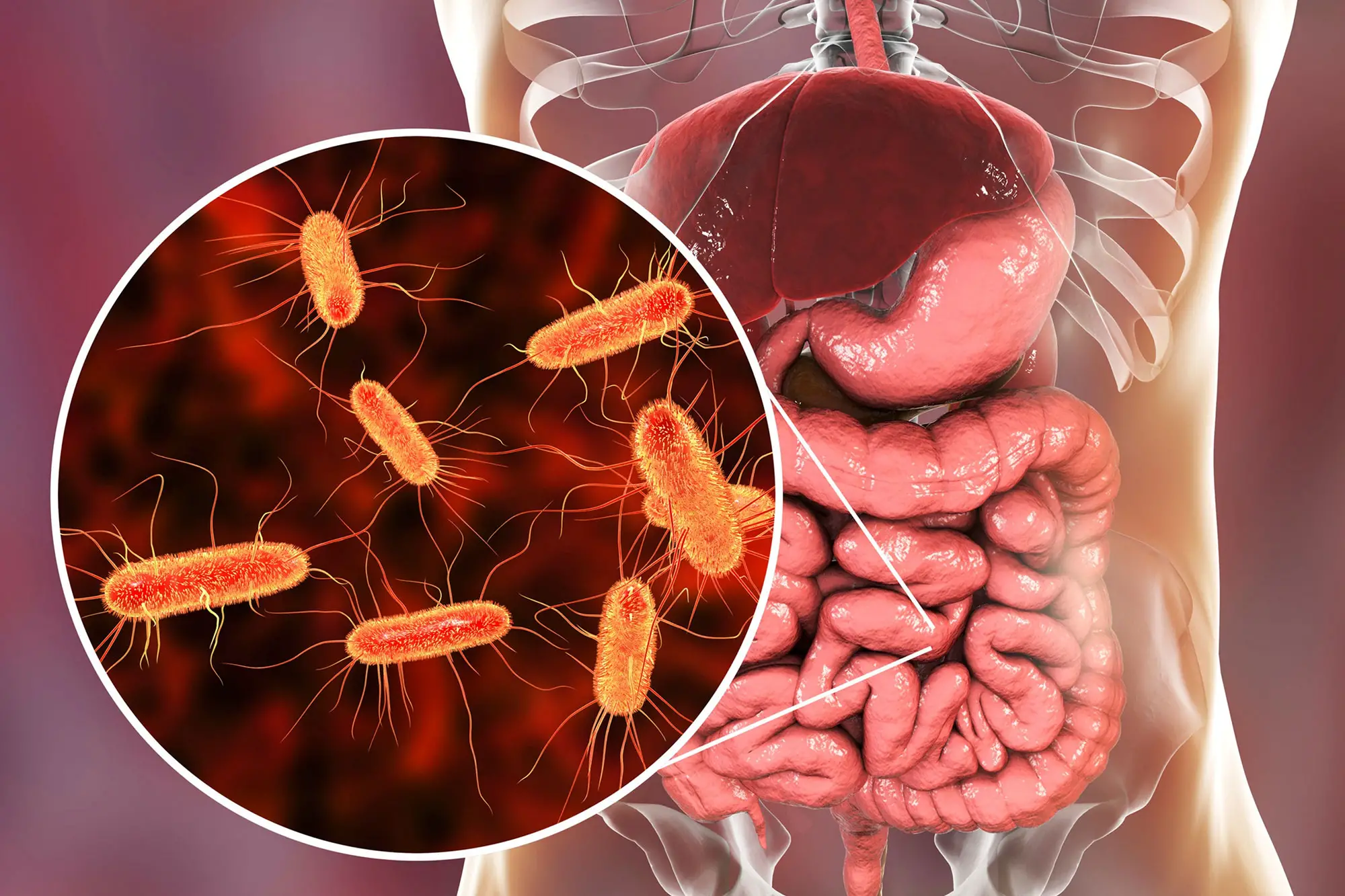The role of gut bacteria in overall health and well-being: Canadian scientists weigh in
The Gut-Brain Connection
We all know that a healthy gut means better digestion, but recent research has shown that the role of gut bacteria goes beyond that. In fact, the bacteria in our gut play a crucial role in our overall health and well-being. Canadian scientists have been at the forefront of this research, studying the connection between gut bacteria and various aspects of our health. In this article, we’ll take a closer look at the role of gut bacteria in overall health and well-being, as explained by Canadian scientists.
The Good Bacteria That Helps Us
Our gut is home to trillions of microorganisms, including bacteria, viruses, and fungi. But not all of them are bad for our health. In fact, some of them are essential for our health. These good bacteria help us in a number of ways, including breaking down food, producing vitamins, and supporting our immune system. They also help keep bad bacteria in check, preventing them from causing harm to our body.
Digestion: More Than Just Breaking Down Food
We often associate gut health with digestion, and for good reason. The bacteria in our gut play a crucial role in breaking down food and extracting nutrients. But digestion is more than just breaking down food. It also involves the movement of food through our digestive tract, which is regulated by our gut bacteria. When our gut bacteria are out of balance, we may experience digestive problems, such as bloating, constipation, or diarrhea.
The Immune System and Gut Health
Our gut is home to about 70% of our immune system. This means that the health of our gut is closely linked to the health of our immune system. Good bacteria in our gut help to regulate our immune system, keeping it in balance and preventing it from overreacting to harmless substances. Research has also shown that gut bacteria can influence the development of allergies, autoimmune diseases, and even cancer.
Mental Health and Gut Health
Recent research has shown that there’s a strong connection between our gut and our brain. Our gut is often referred to as our “second brain”, as it’s home to millions of neurons that communicate with our brain via the gut-brain axis. This means that our gut bacteria can influence our mood, behavior, and even our cognitive function. Research has shown that gut bacteria can play a role in conditions such as depression, anxiety, and even autism.
The Impact of Diet on Gut Bacteria
What we eat has a direct impact on our gut bacteria. A diet that’s high in fiber, fruits, and vegetables promotes the growth of good bacteria in our gut, while a diet that’s high in sugar, processed foods, and saturated fat can harm our gut bacteria. Research has shown that a diet that’s rich in plant-based foods can not only improve our gut health but also reduce our risk of chronic diseases.
The Future of Gut Bacteria Research
Canadian scientists are at the forefront of gut bacteria research, studying the connection between gut bacteria and various aspects of our health. The future of gut bacteria research looks promising, with scientists exploring new ways to manipulate our gut bacteria to improve our health. This includes the use of probiotics, prebiotics, and even fecal transplants.
Conclusion: Taking Care of Your Gut Health
Our gut bacteria play a crucial role in our overall health and well-being. By taking care of our gut health, we can improve our digestion, boost our immune system, and even improve our mental health. To take care of your gut health, eat a diet that’s rich in fiber, fruits, and vegetables, avoid processed foods and sugar, and consider taking a probiotic supplement. With the help of Canadian scientists, we can continue to unlock the secrets of our gut bacteria and improve our health.













